Type 1 Diabetes
Artikler
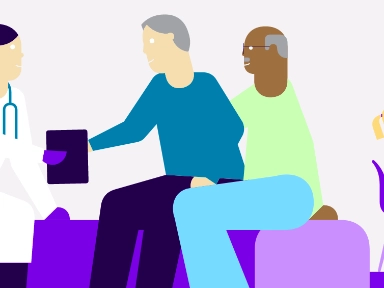

BRIGHT publication
The Bright study demonstrated similar efficacy and safety of Toujeo® (Glargine 300) compared to degludec (insulin degludec) in type 2 diabetes patients who had not previously received basal insulin1.

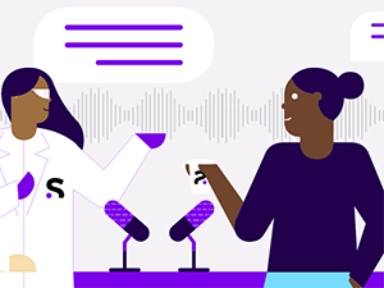
What is Toujeo?
Toujeo is a 2nd generation, long-acting insulin analog containing insulin glargine 300 units/mL. Toujeo® lowers blood glucose levels evenly over a long period of time. It therefore only needs to be administered once a day.
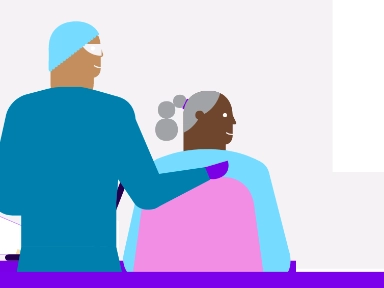
DELIVER-G: Real-world analysis in insulin-naïve adults with T2DM on GLP-1 RA ± OAD(s), intensifying their therapy by starting basal insulin and discontinuing GLP-1 RA, or adding basal insulin to ongoing GLP-1 RA, or initiating a FRC product and discontinuing current GLP-1 RA†1
DELIVER-G: Real-world analysis in insulin-naïve adults with T2DM on GLP-1 RA ± OAD(s), intensifying their therapy by starting basal insulin and discontinuing GLP-1 RA, or adding basal insulin to ongoing GLP-1 RA, or initiating a FRC product and discontinuing current GLP-1 RA†1
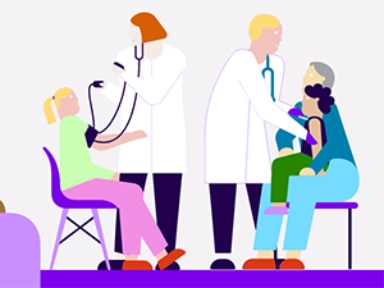
How to Use Toujeo®
Toujeo is a 2nd generation, long-acting insulin analog containing insulin glargine 300 units/mL. Toujeo® is available in two prefilled pens. See how Toujeo® is administrated In six simple steps and watch instructional video.
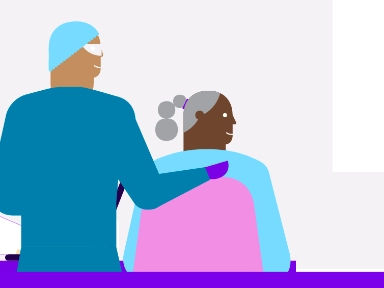
The RESTORE-G Real World Evidence Study
RESTORE-G: Real-world analysis in insulin-naïve adults with T2D on GLP-1 RA ± OAD(s), intensifying their therapy by starting basal insulin and discontinuing GLP-1 RA, or adding basal insulin to ongoing GLP-1 RA, or initiating a FRC product and discontinuing current GLP-1 RA†2

Act early, think holistically for your patients with Type 2 diabetes at very high cardiovascular risk
People with type 2 diabetes and atherosclerotic cardiovascular disease face a high risk of cardiovascular events, yet many remain undertreated.1 The EASD/ADA 2022 and ESC 2023 guidelines for the management of type 2 diabetes urge early insulin initiation and intensive lipid lowering through a holistic approach. Managing both glycemia and lipids together is key to preventing CV events in people with type 2 diabetes.2,3
Utdannelse
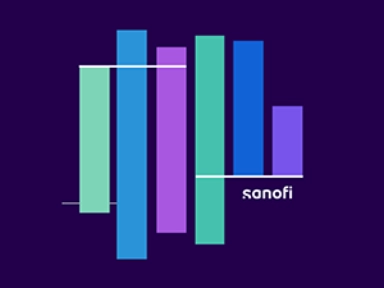

Personalized approach in T2D is key for success
The Sanofi webinar ‘Act Now for Impact: Glycemic Control and Beyond’ focuses on recent advancements in treating type 2 diabetes (T2D), emphasizing a personalized approach for better outcomes. Prof. Frank Nobels (Belgium), prof. De Galan (the Netherlands) and Prof Björn Eliasson (Sweden) addressed various aspects of T2D treatment in the present era.


T1DEXI: A real-world evaluation of acute glycemic effects of different types of structured exercise sessions in type 1-diabetes


Arrangementer





Leave site modal
Du er i ferd med å forlate campus.sanofi/no. Sanofi er ikke ansvarlig for innholdet på dette eksterne Nettstedet.
Jobber du innen helsevesenet?
Denne nettsiden inneholder informasjon som er kun for helsepersonell som lege, tannlege, offentlig godkjent sykepleier, farmasøyt, optiker, tannpleier, samt studenter i disse fag.
